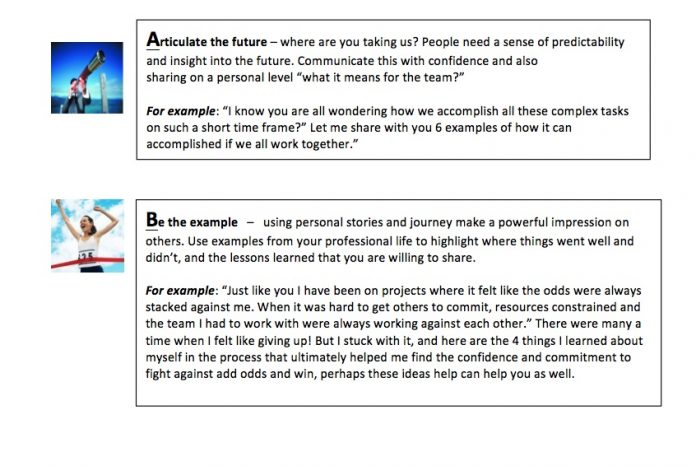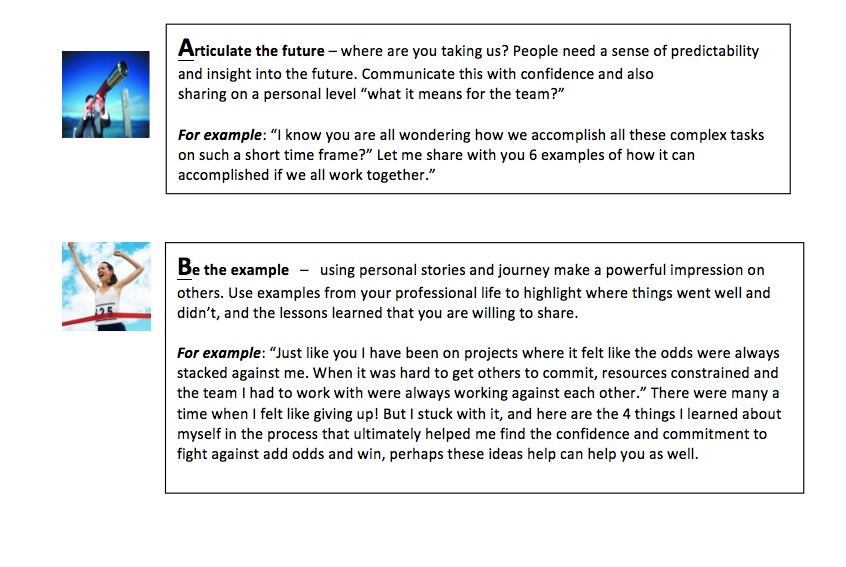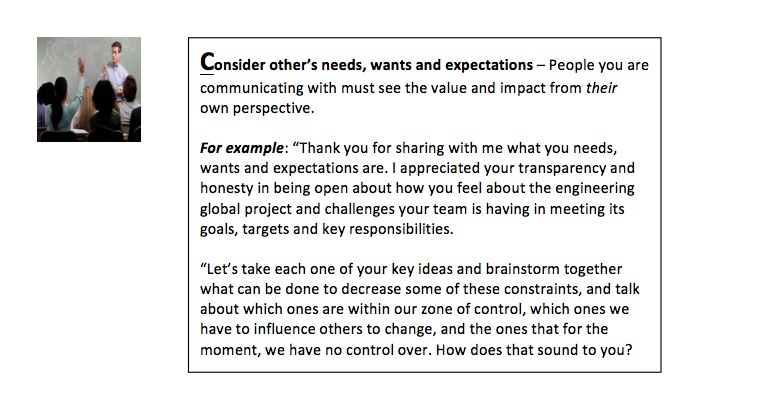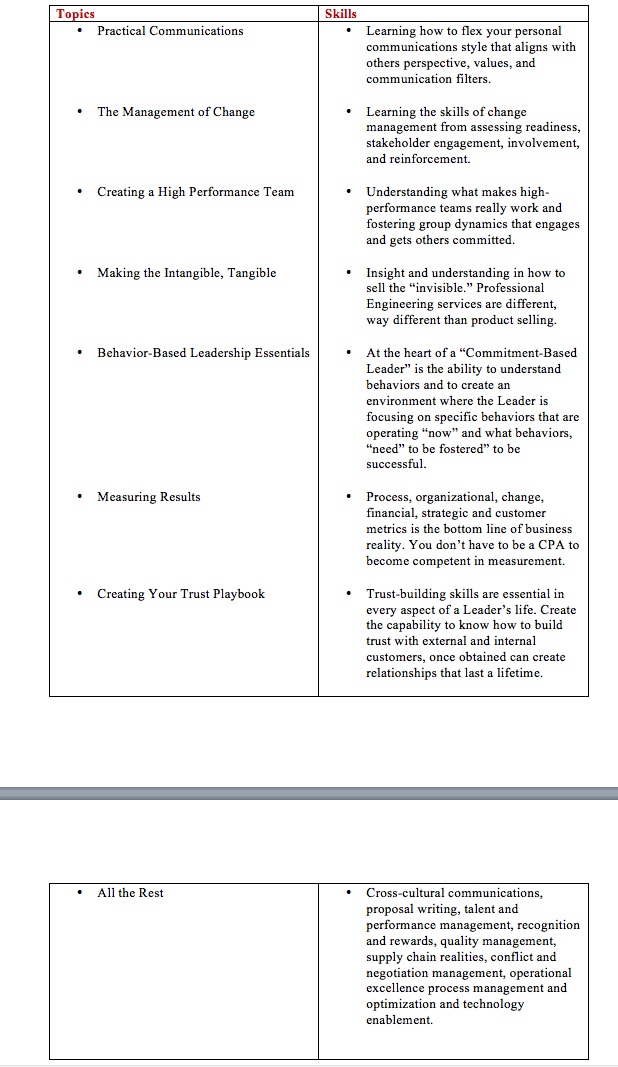
Does this sound familiar?
Joan is a engineer at a global energy company with an exceptional track record of outstanding technical performance across multiple projects. Her performance reviews consistently identify as a “star technical engineering performer,” and she was recently promoted to the head of the company’s Engineering Operations with 25 direct reports and a total of 350 staff.
Not surprisingly, though, Joan is failing in her new role. Her most recent performance review indicates Joan needs to more effectively manage her team, think strategically, address complexity issues, effectively, coach others, and improve her overall communication, engagement, relationship, and leadership skills.
Joan after six months in her new role quickly realizes that her engineering technical skills and prior accomplishments may not be all she needs to help her accelerate successfully as a leader.
The “War for Engineering Talent” still rages across all industry sectors despite the recent downturn in energy prices, but the question remains: HOW do you transition “star engineering talent” technical professionals into high-performing leaders? This question is especially critical in the engineering and technical functions where using data, design knowledge, and logical reasoning have helped subject matter technical experts historically be successful.
Learning new leadership, relationship, and communication skills; commitment-based behaviors; and processes to effectively manage teams, people, and global projects are only part of the key components and the emotional mindset that must be mastered for the technical professional woman engineer to ultimately be an effective leader who can manage a diverse group of professionals.
Learning and Practicing Your ABCs
I have always been intrigued by the statement on an automobile mirror that says, “Objects in the mirror are closer than they appear.” Car manufacturing experts who have reflected on this statement indicate that it’s about distorted perceptions of distance and space, and how light is reflected from many positions (standing still, moving forward, or going backward).
These are important driving tips that ideally keep us safe, but also can provide value when applied to how an individual star performer is viewed in a company.
Let’s assume for a moment that your line of sight is to be promoted to a leadership or management role. You have worked hard at your craft, have great technical engineering skills, and are perceived by your peers and supervisor to be at the top of your game. But as you step back, you know something is missing as you have seen others in your company promoted to leadership roles with sometimes only limited success. You wonder why?
The answer lies in learning and practicing your ABCs:
Top technical competent leaders understand the power of communication (verbal, nonverbal, inter-personal, and team). They can translate technical data information into simple terms that help others make a connection on a visual, emotional, and tactical level.


Preparing You for Success
Although tons of books have been written on the “Art of Leadership,” here are the topics and skills I have found to be most helpful working with technical engineering experts who transitioned to high-performing leadership roles.

No journey is ever completely free of obstacles and unforeseen circumstances, but what is required is the ability to prepare yourself with the right training, experience, and guidance, so your compass is always facing “true north” and by putting one foot in front of another, you enable a positive and sustained effort in becoming a successful, high-performing engineering leader.
Mark Hordes is a senior management leadership development consultant, speaker, best-selling author, coach, and training facilitator with Mark Hordes Management Consultants, LLC in Houston, TX. Hordes received his BS from the University of Houston, MBA and MS in Organizational Behavior from Aurora University, and is a graduate of The American Graduate School of International Management, “Thunderbird.” Contact him at: 713.416.1781; www.trustedadvisortraining.com; or mark@hordesconsulting.com.




